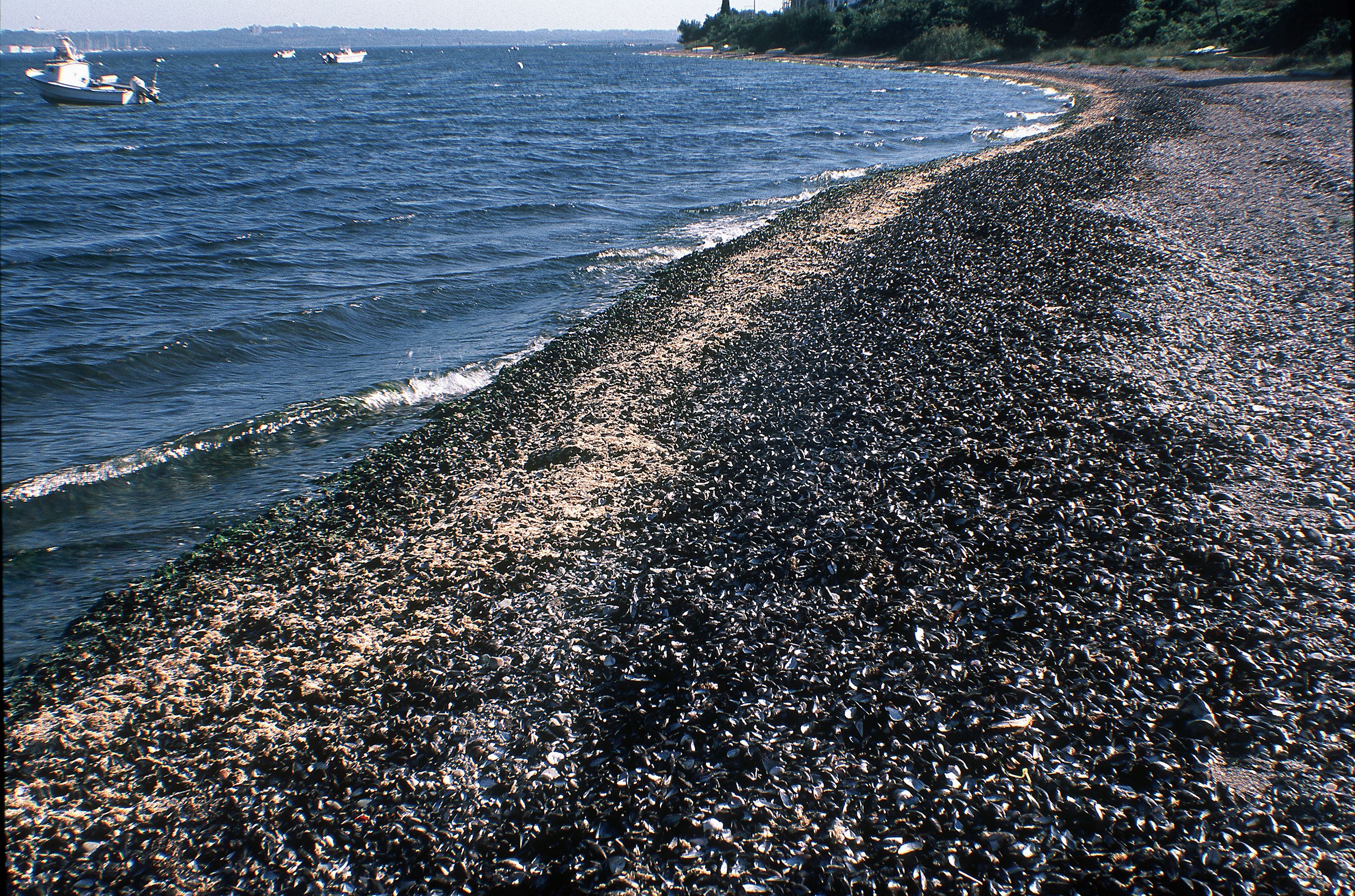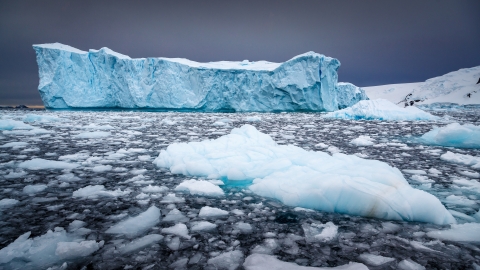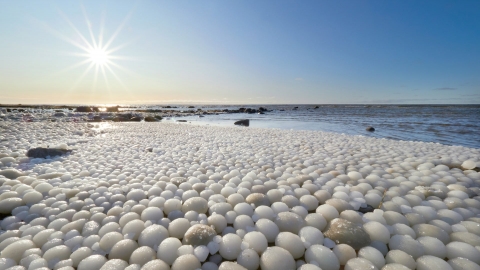More than half a million mussels were roasted alive under the scorching sun on a beach in Northland, New Zealand, a situation that is surprising and worrying many. According to experts, this phenomenon is easily occurring as global climate change continues to worsen.
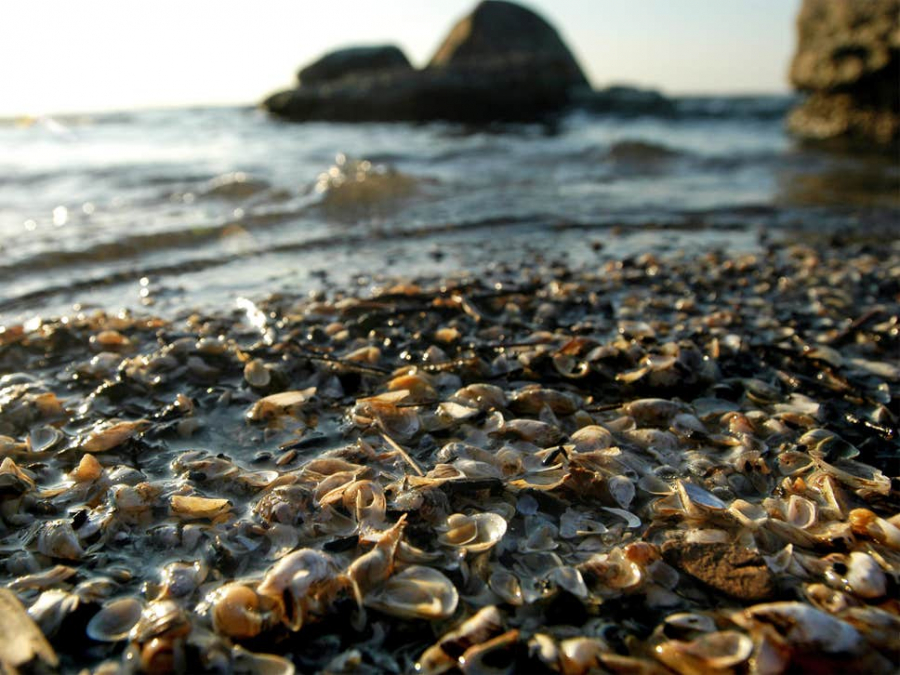
Dr. Andrew Jeffs, a marine scientist at the University of Auckland, said that unusually hot weather combined with low tides during the day caused the mussels to be exposed on the beach and burned to death by the intense sunlight.
According to Dr. Andrew, he is also concerned that many marine creatures will be affected by climate change. Furthermore, protecting crustaceans is very difficult. Manual methods such as using sunshades are often impractical and dangerous.
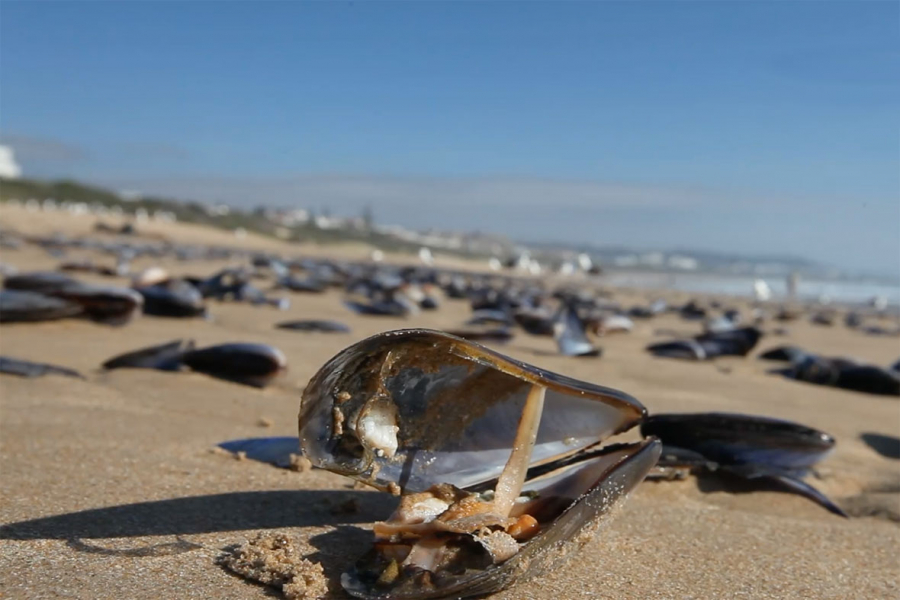
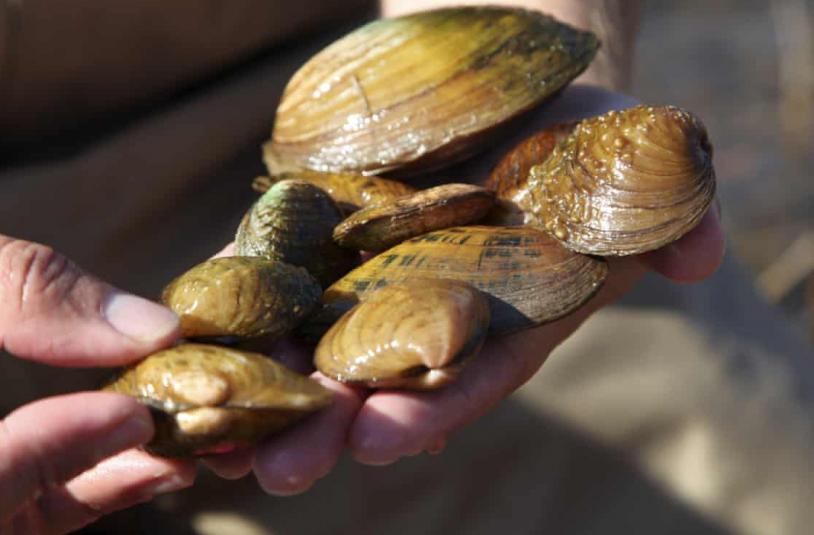
Scientists have observed mussels enduring changing weather conditions for a decade, but current conditions are becoming more intense and devastating for coastal animals.
Mussels play a vital ecological role in New Zealand's coastal environment, but they are at risk of disappearing from these areas due to increasingly unfavorable conditions, especially during the summer months.
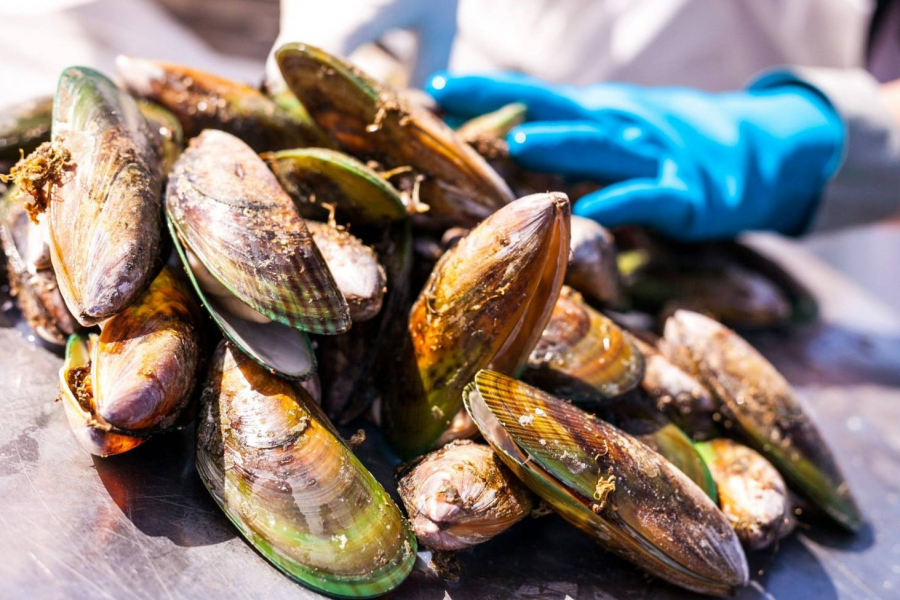
"Life in this shallow tidal zone is not easy. The scorching heat at this time of year makes things even worse. Only the most resilient animals can survive," Dr. Andrew observed.
Northland is currently experiencing a severe drought, with many areas having gone 40 days without rain, leading to a severe water shortage. Kiwi birds, a species native to New Zealand, are facing extinction due to the lack of water. Numerous freshwater tankers are being dispatched to remote areas to replenish rainwater reservoirs.
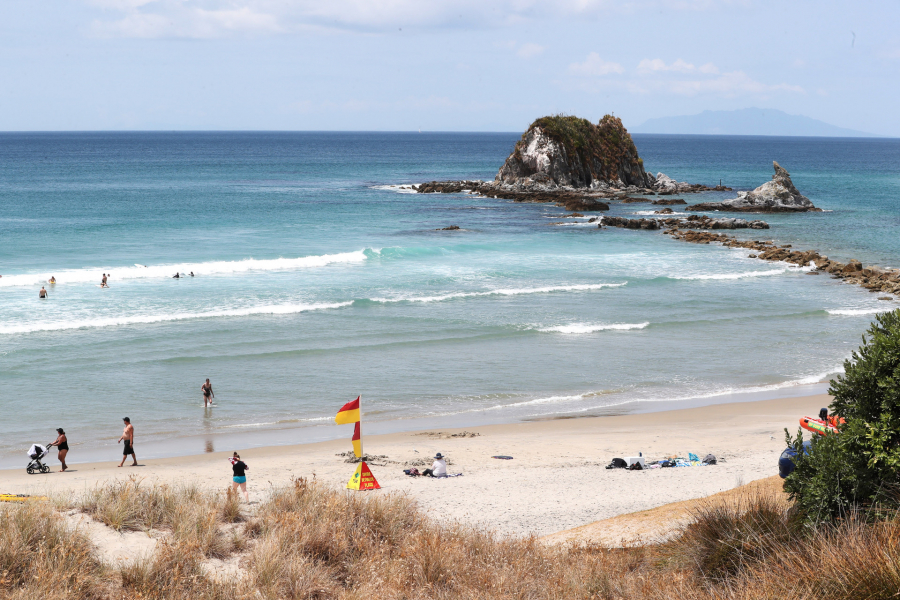
Local residents in Northland report a strong smell of dead mussels around the beach area. Although much of the mussel meat has been eaten by seagulls and pelicans, tens of thousands of dead mussels are still washing ashore during high tides. The New Zealand Ministry of Agriculture is continuing to investigate the incident and is urging residents and tourists not to eat the meat of the washed-up mussels.

 VI
VI EN
EN



